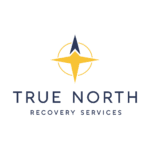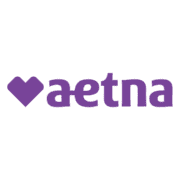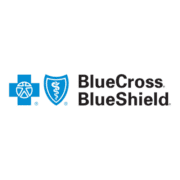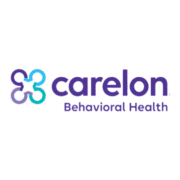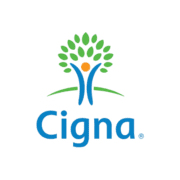METH ADDICTION TREATMENT IN DENVER
Offering specialized and comprehensive treatment solutions to help individuals overcome meth addiction and regain control of their lives in Denver County.
What is Methamphetamine?
Methamphetamine is a strong stimulant that’s typically smoked, injected, snorted or ingested. When used, it creates an intense euphoria, energy and feeling of alertness. According to NIDA, approximately 2.6 million people ages 12 and older reported using methamphetamine in 2020. Of that population roughly 1.5 million people exhibited methamphetamine dependence and just under 24,000 people died from overdosing in 2020.
Meth affects the brain in a similar way as cocaine. When consumed, meth released an incredibly high amount of dopamine. Dopamine is involved in several neurological processes such as happiness, excitability, body movement and more. After continued use, your body will stop producing dopamine because it’s inefficient for your brain to spend energy to create a substance you’re artificially providing. When you stop using meth, your brain won’t immediately be able to produce dopamine because the neurological process has been shunted. It takes months for your brain to begin naturally producing dopamine. But when you stop using meth, you begin to withdraw and experience intense physical and psychological anguish. This is why people tend to relapse.
Signs & Symptoms of Meth Addiction
If you’re wondering if someone you know is struggling with an addiction to methamphetamine, here are some of the most frequent signs:
- Heightened euphoria
- Deterioration of relationships with family and friends
- Insomnia, increased wakefulness and overall physical activity/movement
- Violent or erratic behavior
- Severe dental problems
- Itching, scratching, skin sores
- Fear, anxiety, panic, hallucinations and paranoia
- Increased respiratory rate
- Increased blood pressure, heart rate
- Irritability
- Decreased appetite, weight loss
- Convulsions
What are Stimulant Medications?
Some of the most commonly prescribed (and non-prescribed drugs) for Americans are stimulant medications. These typically include Adderall, Vyvanse and Ritalin and are commonly ingested in pill form or snorted. Prescription stimulants, also referred to as prescription amphetamines or study drugs, were designed to help increase focus for people with ADHD and ADD. Stimulant medications work by releasing norepinephrine and dopamine into the brain. Among many effects created by norepinephrine, it commonly produces increased alertness, focus, and productivity. Combined with dopamine, which is responsible for pleasure, people tend to report feeling happier and more productive when taking these medications. Stimulant medications are commonly abused by high schoolers and college students to help increase their focus and stay awake.
Stimulant Addiction
According to a 2020 report by SAMHSA, approximately 1.8% or 5.1 million people ages 12 and older misused prescription stimulants in the previous year. Since the effects of stimulants can be incredibly strong, many users report being unable to sleep or “come off” from their stimulant drug. To help address this, people reported using marijuana or Xanax to counteract symptoms from stimulant use. For this reason, stimulant addiction has been known to lead to misuse of alternative drugs. Moreover, stimulant medications influence dopamine systems, they can create feelings of pleasure and over prolonged periods of misuse, dependency can form.
Some of the common signs and symptoms of stimulant use include, but are not limited too:
- Loss of appetite, weight loss
- Increased anxiety
- High blood pressure, heart rate
- Speedy thoughts, racing speech, “acting jittery”
- Obscuring stimulant use, lying about taking medications or the extent
- Mood swings
- Insomnia, increased paranoia
- Reports of decreased ability to concentrate, mental fogginess (upon discontinued use)
If your loved one is showing any of the signs or symptoms of stimulant use, our experienced staff knows how to help. Contact us to learn more about our program and what can be done to help you stop using meth or stimulants. We’re here to help, call today.
Meth Addiction Treatment at True North Recovery Services
At True North Recovery Services, we provide a comprehensive approach to meth addiction treatment, designed to support individuals in breaking free from the grips of addiction. Our experienced team utilizes evidence-based therapies, personalized care plans, and a holistic approach to address the physical, psychological, and emotional aspects of methamphetamine dependence. From detoxification to ongoing counseling and support, we are committed to guiding our clients through every step of the recovery journey, helping them build a foundation for long-term sobriety and a healthier future. At True North, we believe in the power of recovery and are dedicated to helping each person find their true path to healing.
Opening Hours:
Monday – Friday 8am – 9pm
Phone: (720) 927 – 8774
Email: info@truenorthrecoveryservices.com
Address: 2696 S. Colorado Blvd Suite 390
Denver, CO 80222

